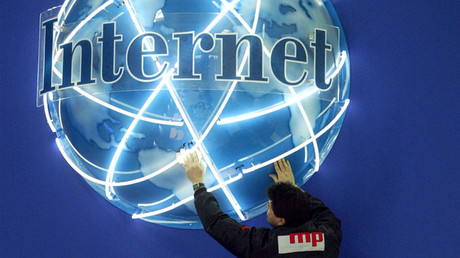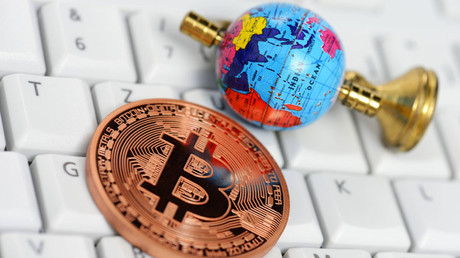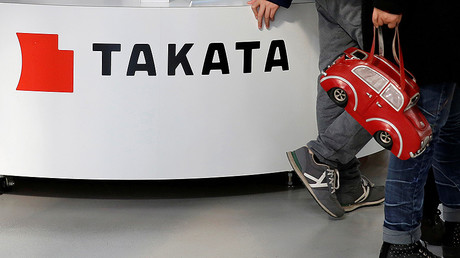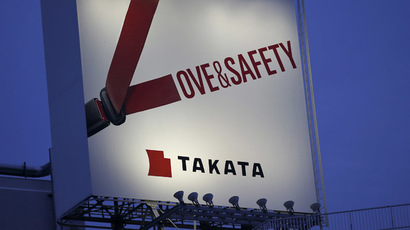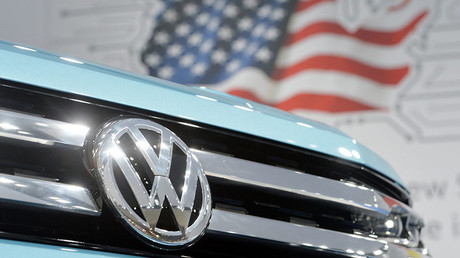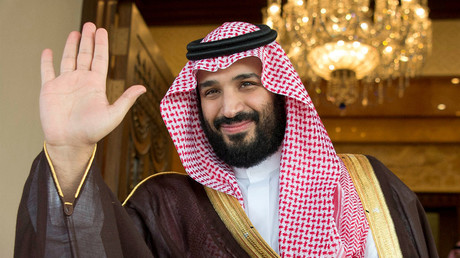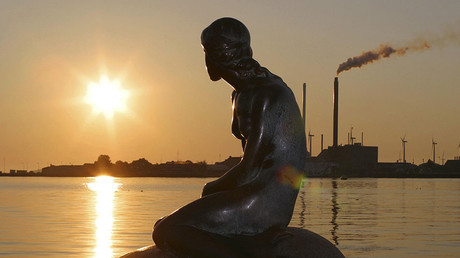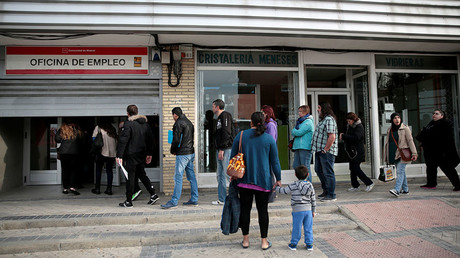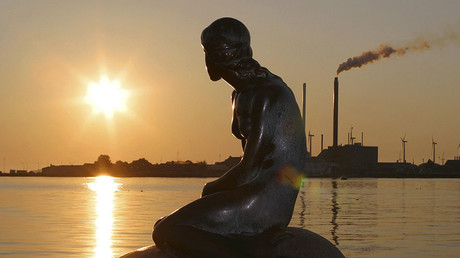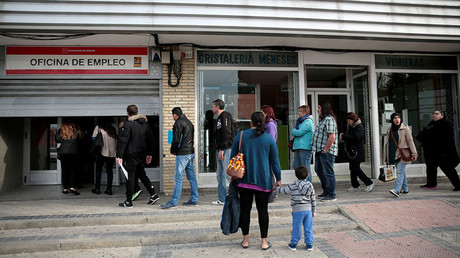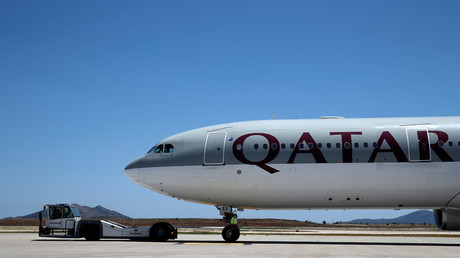An enforcement action was received Monday, according to a statement issued by the investment conglomerate Sistema. The court has restricted 31.76 percent of the company’s shares in Russia’s largest mobile operator MTS, of which it owns 50.03 percent; 90.47 percent of the shares in Bashkortostan Power Grid Company and all the shares in a medical clinic chain holding, Medsi.
The Federal Bailiff Service (FBS) has imposed additional measures, not required by the court, which barred Sistema and its subsidiary Sistema-Invest from receiving income from the frozen assets, the company stated.
The enforcement action followed a lawsuit filed in May by state-run oil giant Rosneft, its subsidiary Bashneft and Russia’s republic of Bashkortostan. The plaintiffs claim that Sistema, while owning Bashneft from 2009 to 2014, stripped the oil company of some $3 billion in assets.
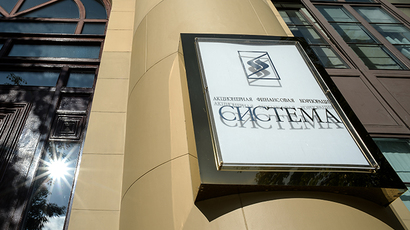
Sistema denies Rosneft’s claims, stating that it turned Bashneft from a “dispersed and non-transparent” set of assets into an “effective vertically-integrated oil holding.” Sistema has vowed to challenge both the lawsuit and the holdings freeze.
The new lawsuit appears to be a continuation of a 2014 dispute over Bashneft, when Yevtushenkov was accused of money laundering and spent three months under house arrest on fraud charges related to company’s initial privatization. The criminal case was eventually dropped, while Yevtushenkov’s shares in Bashneft were seized by a ruling of the Moscow Arbitration Court, which returned them to the state. Bashneft was bought from the government by Rosneft for $5.8 billion last year.
“Dozens of thousands” of Sistema and MTS shareholders have already lost a total of 150 billion rubles (over $2.5 billion) as a result of the Rosneft and Bashneft lawsuits, Sistema representative Sergey Kopytov told the Russian media. Following the recent ruling, their losses “are most likely to considerably grow,” he added.
MTS said in a separate statement that “the situation does not impact operations with MTS shares, and the rights to receive dividends on MTS shares owned by other shareholders.”
Article source: https://www.rt.com/business/394195-sistema-assets-frozen-rosneft/?utm_source=rss&utm_medium=rss&utm_campaign=RSS
